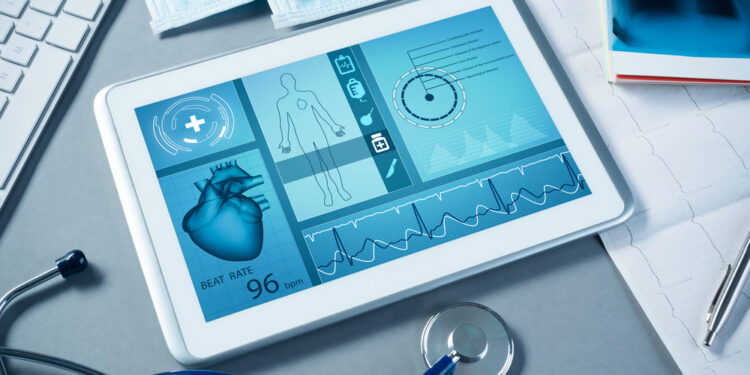The social distance applied almost overnight in 2020 has forced us to work remotely, among other things, as well as reinforced the need for medical app ideas and medical app development. This has led to some of the top digital health trends. Digital technology has real potential to improve healthcare systems and patient care at various levels: from patient-doctor communication or knowledge sharing. The possibilities are endless, and due to the current crisis, new tools and apps are considered a must-have. So it begs the question, what will 2021 bring?
Mental health applications
The blockades associated with the Covid-19 pandemic have greatly aggravated the mental state of a huge percentage of the population. In January 2021, 41% of American adults reported symptoms of anxiety and depression, which was four times higher than in 2019. A year ago, we witnessed the rapid growth of various mental health applications and cognitive behavioral therapy. With the sudden breach in people’s lifestyles, the acceptance of technology has accelerated, showing market opportunities for digital solutions and mental health treatment, through start-ups for example. Due to the many habits of online communication, it is believed that the results of a telephone mental health consultation can be comparable to a regular face-to-face psychotherapy session. However, virtual mental health apps have challenges that need to be addressed to get the most out of them. A trend that could gain a lot of popularity in 2021 is an evidence-based mental health app. Currently, few mental health app companies and startups publish their raw data for research purposes.
Artificial intelligence in health applications
Artificial intelligence can be used in almost every area of medicine, including drug development, treatment selection, patient care, and financial and operational decision-making. With machine learning analytics, healthcare professionals can tackle complex problems that would be difficult, labor intensive, and inefficient to solve on their own. The real potential is in analytics: making sense of all those data points and unleashing the power behind all the data we collect. The right software, developed using artificial intelligence and machine learning, can speed up data analysis and improve disease research. From the aforementioned diagnosis of diseases (especially oncology), to providing personalized care and monitoring patients’ health at home, to testing drugs and vaccines.













